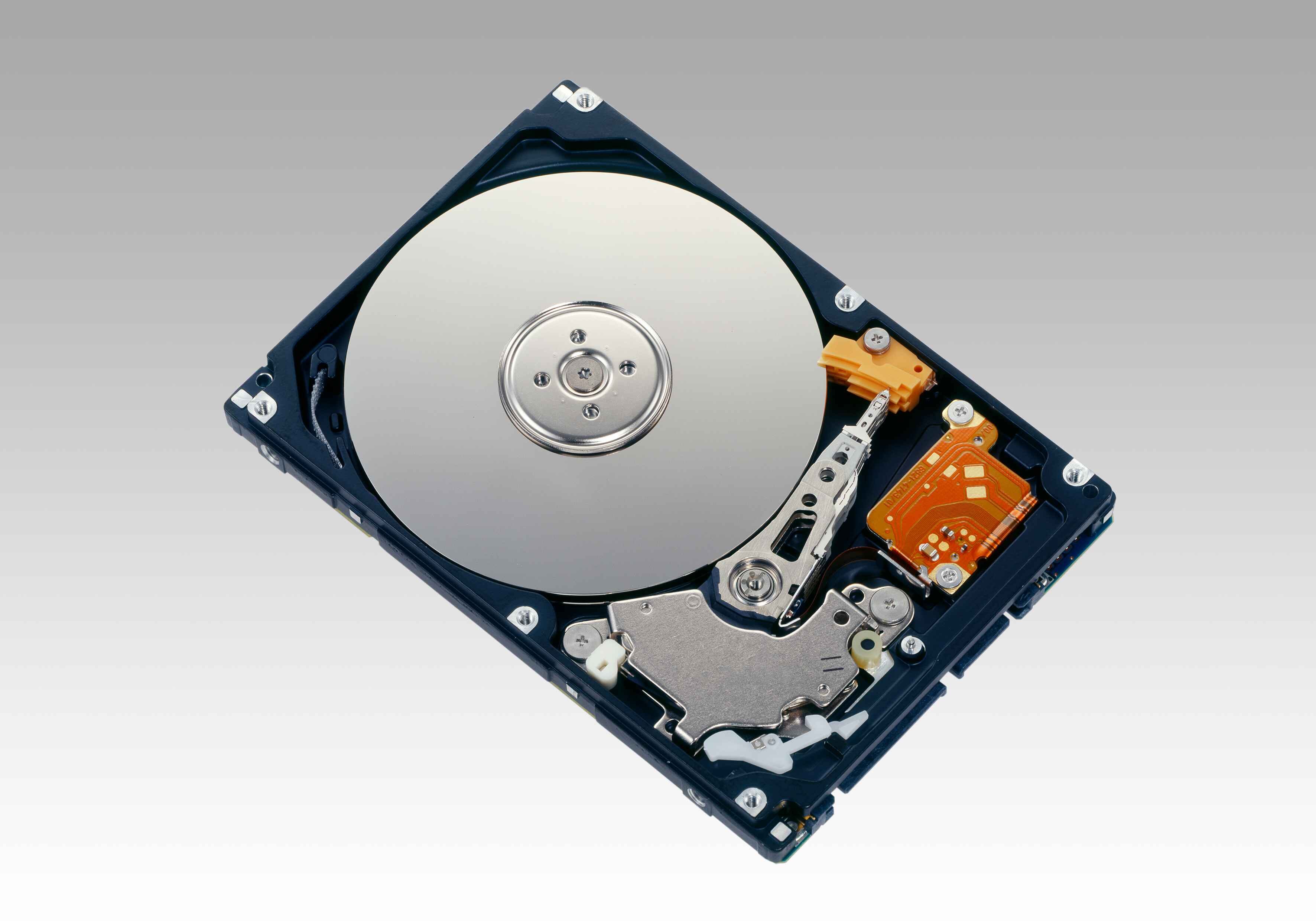Introduction
Welcome to the world of data storage!
Magnetic hard disk drives have been a staple in the data storage industry for several decades.
Their reliable performance and cost-effectiveness have made them indispensable in both personal and enterprise computing environments.

What Is a Magnetic Hard Disk Drive?
The HDD also includes read/write heads that float above the spinning platters and magnetically encode and decode data.
Each platter is divided into tracks, which are further divided into sectors.
These sectors are the smallest units of data storage on the HDD and typically store 512 bytes of information.
The read/write heads are responsible for reading and writing data on the platters.
Magnetic hard disk drives are known for their large storage capacities, ranging from gigabytes to terabytes.
They continue to be widely used in various applications, from personal computing to enterprise-level storage.
Understanding these components is crucial in comprehending the inner workings of an HDD.
They spin rapidly on a spindle, allowing the read/write heads to access different parts of the disk.
Each platter is divided into concentric tracks and sectors.
3.Actuator:The actuator is responsible for the precise movement of the read/write heads.
The actuator arm moves the heads in both an inward and outward motion, controlled by an actuator motor.
5.Controller:The controller acts as the brain of the hard disk drive.
The controller also contains cache memory to temporarily store frequently accessed data, improving overall performance.
6.Interface:The interface connects the HDD to the computers motherboard or storage system.
These components, working in harmony, allow the magnetic hard disk drive to efficiently store and retrieve data.
How Does a Magnetic Hard Disk Drive Work?
Understanding the inner workings of an HDD can shed light on its remarkable functionality.
This rotational movement is crucial for both accessing and writing data.
This movement allows the heads to access different tracks and sectors on the spinning platters.
These innovations further optimize the performance and capacity of magnetic storage devices.
They offer several advantages that make them an appealing choice for many applications.
2.High Storage Capacity:HDDs offer remarkably high storage capacities, ranging from gigabytes to terabytes.
4.Reliability:HDDs are known for their reliability and durability.
They have undergone extensive testing and improvements over the years, resulting in stable and long-lasting devices.
This reliability makes HDDs a trusted choice for critical data storage and backup solutions.
This is because the data remains intact even when the physical drive suffers a malfunction.
This ease of replacement reduces downtime and simplifies maintenance in case of hardware failures.
Understanding these limitations can help users make informed decisions when it comes to choosing the right storage solution.
3.Power Consumption:HDDs consume more power than SSDs due to their mechanical components and spinning platters.
5.Noise and Heat Generation:The mechanical components of HDDs produce noise and heat during operation.
6.Limited Lifespan:HDDs have a limited lifespan due to the wear and tear associated with their mechanical components.
4.Video Surveillance Systems:Video surveillance systems generate large volumes of data from security cameras.
HDDs can accommodate large video files, rendering them suitable choices for professionals working with high-resolution multimedia content.
These systems are commonly used in enterprise environments where consolidated and scalable storage is required.
7.Backup and Disaster Recovery:HDDs are frequently used for backup and disaster recovery purposes.
8.Gaming Consoles:Gaming consoles utilize HDDs to store game installations, updates, and downloadable content.
With the increasing size of modern games, HDDs provide the necessary storage capacity to accommodate large game libraries.
They continue to serve as a reliable and widely adopted storage solution in diverse industries and devices.
In this article, we explored the ins and outs of magnetic hard disk drives.
HDDs work by utilizing magnetism to store and retrieve data, spinning platters, and precise mechanical movements.
We discussed the advantages of HDDs, such as cost-effectiveness, high storage capacities, familiarity, and compatibility.